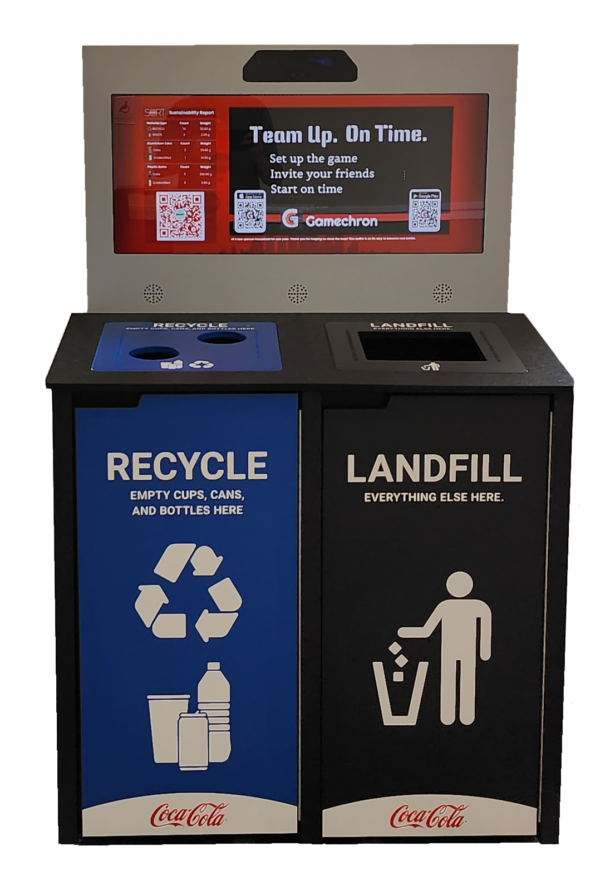1. Shop around a little
The larger organizations will do this relentlessly and there is no reason why you cannot carry out the same basic exercise. If you have used the same waste management company for a number of years, you have probably gone through a number of annual price rises. A simple phone call to other waste management companies in the area will soon give you an idea of whether you are paying far too much. If you have a good relationship with your existing supplier, there is nothing to stop you from approaching them with this new information and renegotiating. Sitting back and accepting inflation-busting compounded price increases, however, will only lead to you paying a lot more than your competitors do.
2. What is your waste
If you realize that most of the waste you produce is lightweight, clean materials such as paper and cardboard, then there is no reason why you should be paying as if the waste were something completely different. Such materials should not end up in landfills, as they are easily recyclable, reducing the comparative processing cost for the waste management company. Even if your waste is non-recyclable and does finally end up in a landfill, then the lightweight means you should not have to pay as much as you perhaps are doing.
3. Where is your waste
If your organization is spread over more than one site, it is possible that you are paying too much. By having a number of containers over a number of sites, your waste management contractor must empty each container at each site every time. This obviously costs more than having all waste at one site. If you have any movements of vehicles between your sites, then attempt to use those movements of empty space to bulk up all of your waste at that point and have it collected from there.
4. When is your waste collected
If your waste is all much the same but collected in a number of containers, you may be able to save money by reducing the number of collections. This could be done by obtaining a larger container, or even a compactor, and having much larger amounts of waste collected less frequently. This could also be achieved by having more containers on site but collected less often.
5. How is your waste collected
The cheapest way to pick up many types of waste is by having the least number of containers permanently sited on an organization’s premises. This way, the contractor visits the container on a fixed schedule, rather than having to collect the container and exchange it for another one. This change can reduce the transport costs involved by half, but is not suitable for all classes of waste.
6. Who is collecting your waste
You need to make sure that the company collecting your waste is properly registered and licensed to do so. Otherwise, you could be liable for severe penalties if your chosen waste management company fails to carry out its task legally. This could lead to substantial fines, which you would be liable for, not the contractor. Saving money by using unlicensed waste management companies will not save you money in the long term when you are surprised by a hefty fine! You have the right to ask for copies of your contractor’s waste management licenses to carry and manage waste.
7. Finally, why do you produce waste
It may seem obvious, but is there anything you could be doing to reduce the amount of waste you generate? An effective waste management company should be able to advise on such initiatives that enable you to minimize the waste your organization produces, reducing the need for further services and saving you money.




